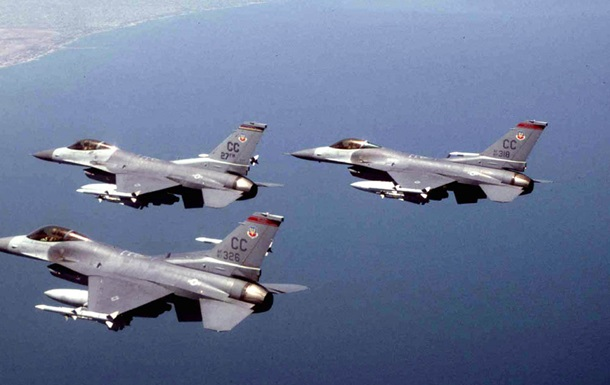|

U.S. forces can't rely on Europe's top three military powers to quickly deploy brigade-size armored units to the Baltics in a crisis because their ground combat units are undermanned, overextended and lack sufficient equipment, said a study of alliance capabilities.
The German army is in especially poor shape, with a shortage of deployable forces and equipment. That means fielding a single brigade would involve stripping other units of their gear and manpower, the RAND Corp. study found.
"The clear implication of this study for American planners is that expectations for European contributions to defending the Baltic nations must be low," the report said.
The RAND review of the German, French and British ground forces comes as NATO enhances its presence in the Baltics and Poland with multinational battalions of up to 1,000 troops.
The deployments are intended to serve as a bulwark against potential aggression by Russia, which upset the post-Cold War order by invading Ukraine in 2014.
Still, those troop numbers are small compared to Russia's military position on its western border with NATO.
Some analysts say that Russia's territorial advantage requires a larger forward NATO presence to deter Moscow, which denies having designs on NATO territory.
NATO Secretary-General Jens Stoltenberg said in a news conference Wednesday with President Donald Trump that he thought allies for now have sufficient manpower in the region.
Russia's 300,000 troops in its western military district are a mix of heavy and light infantry along with sophisticated air defense systems.
Short of pre-positioning heavy brigades in the Baltics, the U.S.-led NATO alliance would have to quickly mobilize forces from afar if it anticipated major hostilities in the region.
The RAND study said Britain and France could deploy one battalion-size combined arms battle group -- perhaps 500 soldiers -- within a few weeks.
The French would likely hit the ground first, but all three countries would need at least a month to field a brigade, which typically consists of 5,000 soldiers along with tanks and other fighting vehicles. Those units may have to depend on U.S. airlift since other NATO members are short on such capabilities.
"For all three armies, the effort would be a major endeavor that would leave the forces with little spare capacity for any other contingencies," RAND said.
Since the end of the Cold War, many militaries in Europe have not only cut defense expenditures but also reconfigured their armies for low-intensity conflicts, such as those in Afghanistan, or for peacekeeping operations in Africa. With the demise of the Soviet Union, there was a general sense that armored units and large conventional formations were no longer a priority in Europe. Cutting back on battle tanks was a way to achieve quick savings.
"It follows that the three countries have -- compared with just a decade ago -- reduced their ability to deploy and sustain forces, and they are less capable of facing a peer or near-peer threat," RAND said.
Russia's 2014 intervention in Ukraine alters security perceptions in Europe, and militaries have since begun increasing their defense spending and putting more priority on countering Russia.
Germany's role as a contributor to NATO's high-readiness "spearhead" group has placed more pressure on that country's army to increase readiness.
"The problem is that the Germans currently have little capacity to generate much of a force quickly, especially a medium- to heavy-weight force," RAND said.
Moreover, the think tank said, Germany has only two battalions with equipment modern enough to serve as a worthy battlefield adversary for Russia.
Germany's level of defense spending has emerged as a major point of contention between Washington and Berlin. While Germany has pledged to increase investments, Trump wants the country to speed that process up.
The issue of getting allies to dedicate 2 percent of gross domestic product to defense is expected to dominate NATO's meeting of heads of state in late May.
Source: http://www.military.com/daily-news/2017/04/13/report-europes-armies-too-slow-baltic-clash.html
|



